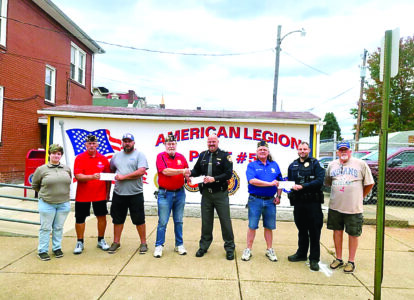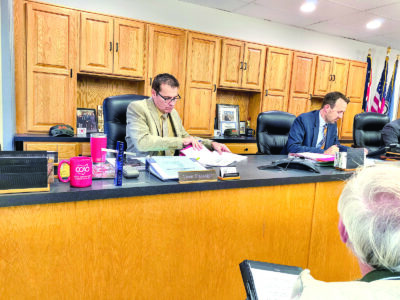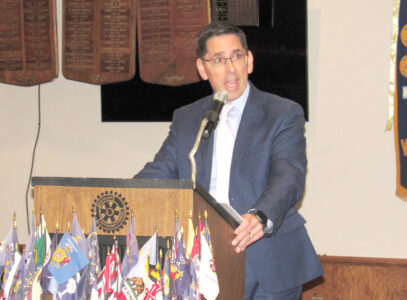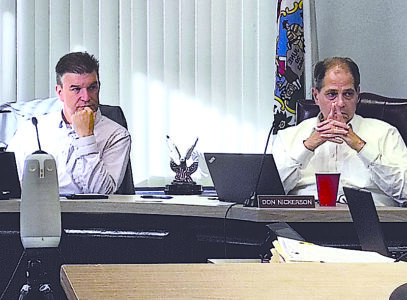WVNCC Planning Curriculum To Meet Future Job Needs
WEIRTON — West Virginia Northern Community College is keeping an eye on the future, working with local industries, educators, and other organizations to design a curriculum to aid students in earning a job in an ever-changing market.
Supported by a $1.5 million Strengthening Community Colleges Training Grant awarded in January by the U.S. Department of Labor, WVNCC has welcomed representatives of Ohio State University, as well as several local manufacturing and energy industries to the college’s Weirton campus Tuesday and today for a Developing A Curriculum (DACUM) workshop.
It’s part of the college’s M.A.P.S. 2.0 – Manufacturing and Production Skills Pathway – initiative, a skills pathway designed to support new manufacturing and production industries in the Northern Panhandle.
“We have a lot of industry coming into the area,” explained Karri Mulhern, WVNCC vice president for continuing education and workforce development.
College officials note a DACUM is a structured, collaborative process, bringing together skilled workers and industry experts to define the skills and knowledge required in available occupations in a given region.
Participating industries provide insight into the types of jobs they plan to have available, as well as what education is needed to assist residents in obtaining those jobs, whether it be through a two- or four-year degree, continuing education program, or a certification offering.
“We will have a blueprint for the kind of worker they’re looking for,” Mulhern said.
Daniel Mosser, president of the college, noted Tuesday’s session included representatives of Form Energy, Williams Energy, and Fanti USA among the particating industries.
“Form Energy was the star of our grant,” Mosser said, pointing to the company’s investments into the Weirton community and goal of providing more than 700 jobs.
Mosser explained a component of the grant also includes cooperative efforts with public school systems throughout the Northern Panhandle, to assist them in focusing some of their own educational programs
Other partners in the M.A.P.S. 2.0 initiative have included Project BEST, the Upper Ohio Valley Building Trades Council, Ohio Valley Construction Employee Council, TEAM Consortium, Touchstone Research Laboratory, Highline Warren, West Virginia Manufacturers Association, Northern Panhandle Workforce Development Board, West Virginia Workforce Development Board, Helping Heroes, and YWCA.
WVNCC was the only recipient of the grant in West Virginia.




